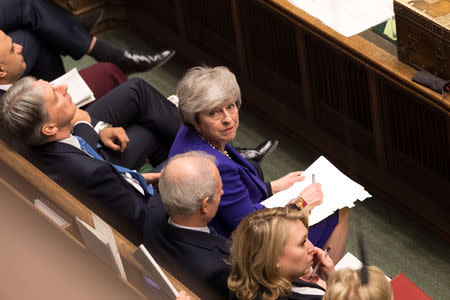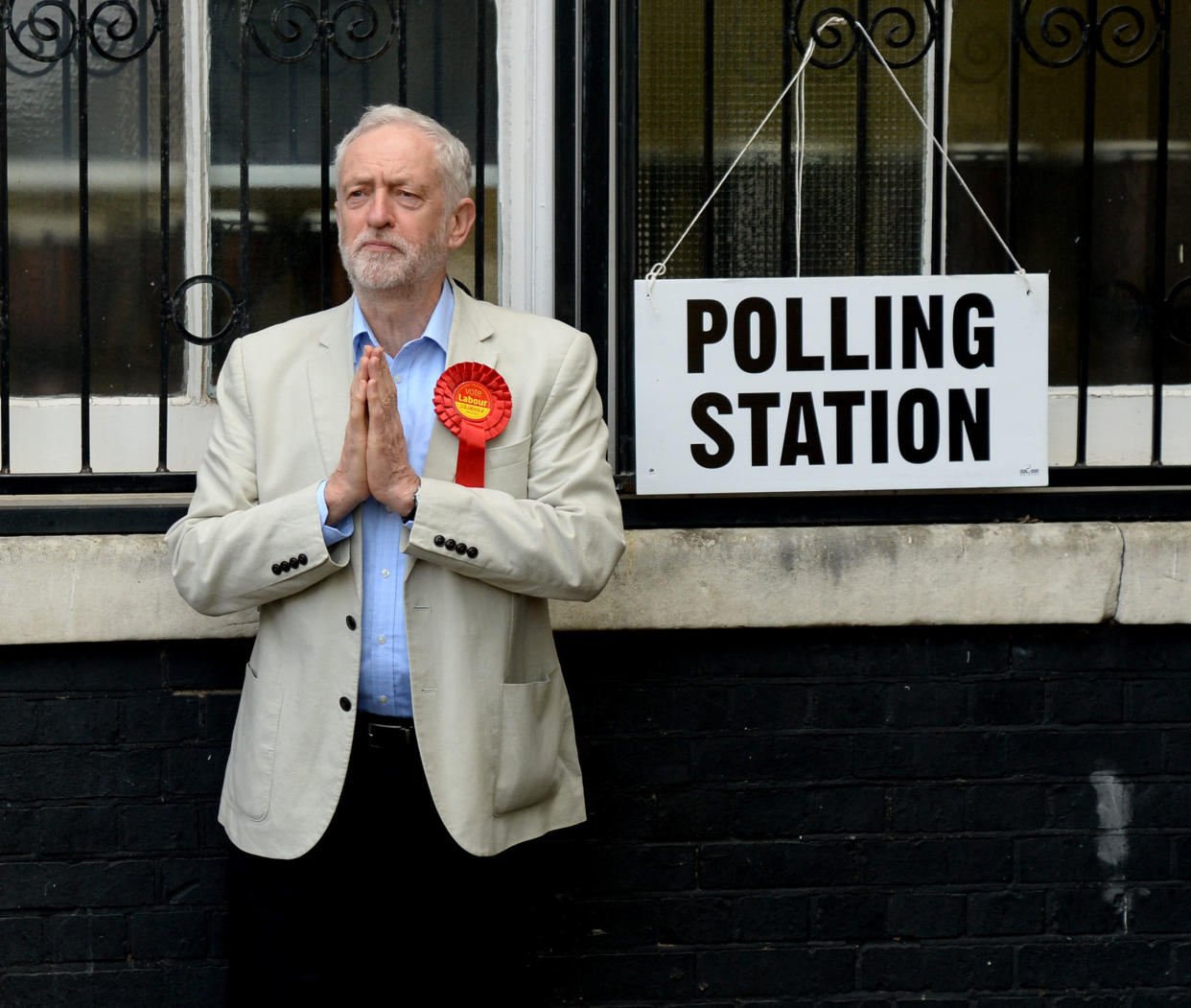Theresa May 'preparing for a general election in June'

Theresa May could be preparing for a general election in June, despite her pledges to ‘battle for Britain’.
It is understood that Downing Street advisors have drawn up plans to extend Article 50, secure parliament’s backing for a new Brexit deal in April, before triggering a general election in June.
According to reports in both the Mail on Sunday and the Sunday Times, the preparations could hep protect the PM from efforts to force her our of office.
Despite Theresa May’s extremely turbulent spell in office, fresh polls place the Conservative Party seven points ahead of Labour, suggesting Theresa May could still win over socialist leader of the opposition Jeremy Corbyn.
As the reports of a fresh election hit the headlines, May has said she will be “battling for Britain” when she returns to Brussels to seek a “pragmatic” Brexit deal that can win over both the European Union and her own MPs.
In the Sunday Telegraph, Mrs May said she was listening to figures from across politics, the trade union movement and business in her quest for a feasible Brexit compromise.
She said: “It’s why when I return to Brussels I will be battling for Britain and Northern Ireland, I will be armed with a fresh mandate, new ideas and a renewed determination to agree a pragmatic solution that delivers the Brexit the British people voted for, while ensuring there is no hard border between Northern Ireland and the Republic of Ireland.

“That is what Parliament instructed me to do on Tuesday night.
“Although Jeremy Corbyn didn’t vote with us, he also believes the potential indefinite nature of the backstop is an issue that needs to be addressed with Brussels. That is exactly what I’m doing.”
On Tuesday, Mrs May secured Parliament’s backing to go back to Brussels in the hope of hammering out a fresh agreement that does not include the Irish border backstop – which is unacceptable to the DUP and Brexiteer Tories – and which will command a majority in the Commons.
The Prime Minister is due to report back to Parliament on her negotiations with the EU on February 13, with a further series of votes by MPs expected the following day.
Wrangling in the Commons has seen backbench MPs put forward a range of alternative plans to find a way out of the morass.
Mrs May found herself with some rare good news on Sunday after a new opinion poll suggested the Tories had moved into a seven-point lead over Labour.
The Opinium poll for the Observer found that Jeremy Corbyn’s party had fallen from 40% to 34% since the key Commons votes on the mechanics of Brexit took place, falling behind the Tories who went from 37% to 41%.
Public approval of Mr Corbyn’s personal handling of Brexit also fell to a new low of just 16%, from 18% two weeks previously.
His disapproval rating is 61% and he has support from little more than four in 10 Labour voters (42%), according to the poll.
But Downing Street denied reports in the Mail on Sunday that Mrs May’s team are planning for a general election on June 6 – the 75th anniversary of D-Day.
Mr Corbyn used a trip to Scotland to call again for a snap election.
Speaking on a visit to charities in Glasgow, he said that “the people who are bearing the brunt of nine years of austerity cannot wait years for a general election”.


